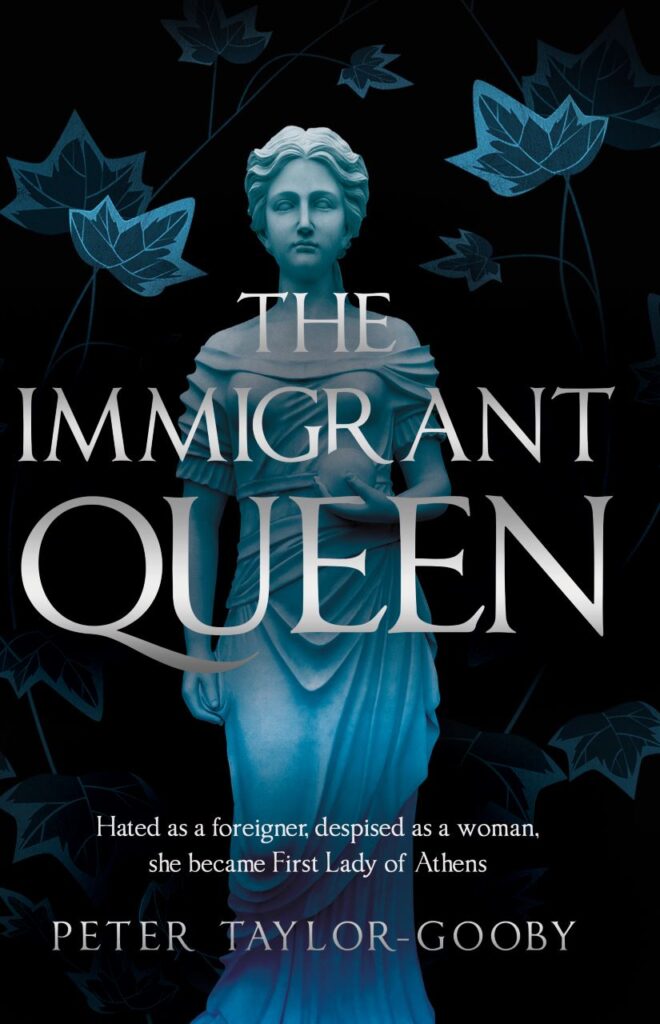The Crow Garden
Towards the end of the summer in 1856, Dr. Nathaniel Kerner arrives at Crakethorne Manor in Yorkshire, to start a new job as deputy physician. Crakethorne Manor is a lunatic asylum located in the rugged wilderness of West Riding, and this is the youthful Kerner’s first post. He had ambitions to work at other better-known and more prestigious asylums, but it seems that his father’s suicide, when Kerner was a boy, has tainted his son’s reputation. Dr Chettle, Kerner’s superior in charge of the asylum, lets Kerner get on with his work with minimum supervision. His main interest is in a female patient, Mrs Victoria Harleston, a wealthy young wife who has suffered attacks of anxiety and paranoia.
The novel is primarily narrated by Kerner in the first person, and it soon becomes apparent that he is indeed youthful and naïve, clumsy with the innate prejudices of his gender and class. While he has relatively enlightened views about the efficacy of getting patients to talk about their fears, rather than just relying on the mostly cruel physical treatments, Kerner is gullible and rather selfish, and the reader feels they are generally always a step ahead of him – but he is the epitome of the unreliable narrator, and increasingly it is very difficult to know where the truth lies. His obsession with Mrs Harleston has, as the reader anticipates, serious consequences. As with the nature of obsession, this can lead to its own type of madness as the novel descends into a maelstrom of uncertainty and insanity. This is a well-written and entertaining story that teeters on the edge of the fantastical as it also descends into the murk of mental illness and society’s harsh methods of dealing with this phenomenon in 19th-century England.










